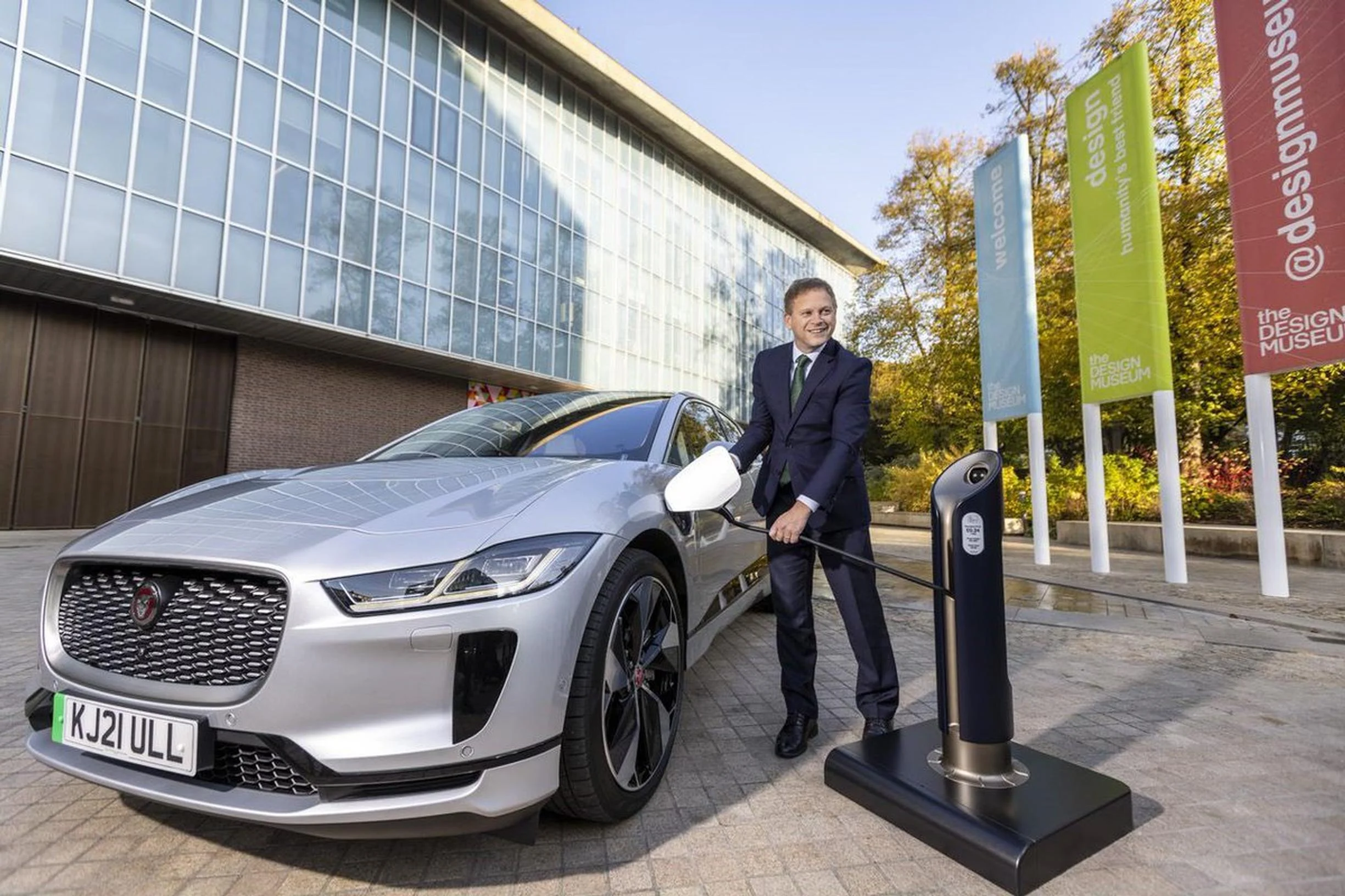
The COP26 climate change conference has now ended, and transport was a major talking point of the event. But how might you, your driving habits or fleet be affected?
From COP26 on why it’s so important that we tackle transport emissions:
Road transport accounts for 10% of global emissions, and its emissions are rising faster than those of any other sector.
A shift to zero emission vehicles is already underway, creating new jobs, bringing cleaner air to cities, and – increasingly – cutting the costs of car ownership.
To meet the goals of the Paris Agreement, this transition needs to happen much more quickly. It must include not only cars, but vans, buses, trucks, and lorries.
COP26 is urging vehicle manufacturers to commit to selling only zero emission vehicles (ZEVs) by 2035 or earlier, and for fleet-owning businesses to commit to achieving a fully zero emission fleet by 2030 or earlier.
In the UK, emphasis is on infrastructure intended to make the transition to ZEVs as smooth and painless as possible. A new design for EV charge points hopes to create an icon as memorable as the post box, London bus or black cab.
It was also confirmed that the UK will ban the sale of all diesel and petrol HGVs by 2040, as Transport Secretary Grant Shapps said zero-emissions travel “has reached a tipping point”.
The global-first HGV pledge, proposed in this summer’s Transport Decarbonisation Plan, follows on the back of the 2030 ICE phase-out for cars and vans and ensures that sales of all polluting road vehicles will end in the UK within the next two decades.
Several initiatives are also being launched today at COP26 to help ensure a global and equitable transition to zero-emission vehicles (ZEVs) and support the acceleration of transport decarbonisation.
A total of 24 countries, six major vehicle manufacturers – GM, Ford, Mercedes, BYD, Volvo, and Jaguar Land Rover – 39 cities, states and regions, 28 fleets and 13 investors have all jointly set out their determination for all new car and van sales to be zero-emission by 2040 globally and 2035 in leading markets.
24 countries, 39 cities, states and regions, 28 fleets, 13 investors, as well as GM, Ford, Mercedes, BYD, Volvo and Jaguar Land Rover, have all committed to ensuring that all new car and van sales will be zero-emission by 2040 globally and 2035 in leading markets.
This includes commitments to 100% zero-emission vehicles by countries including El Salvador and New Zealand and companies such Sainsbury’s.
Countries including El Salvador and New Zealand, and companies including Sainsbury’s, have gone a step further, committing to 100% ZEVs.
This follows proposals made by the EU, Chile, Canada and a number of US states this year to ensure all new cars are zero emission by 2035.
A number of emerging markets and developing economies including India, Ghana, Kenya, Paraguay, Rwanda and Turkey, have also committed today to drive adoption of zero-emission vehicles.
In total, 30 countries have now agreed to work together to make zero-emission vehicles the new normal by making them accessible, affordable and sustainable in all regions by 2030 or sooner.
In the UK, the Department for Transport has published research showing huge global growth in the ZEV market. Since 2019, sales for ZEVs have risen from 2.1 million to 5.3 million, an increase of just over 152%. In 2040, ZEVs are forecast to account for 70% of all new car sales – this projection has doubled during the last 5 years.
UK Transport Secretary Grant Shapps said: “From our roads to the skies, the transition to zero-emission transport has reached a tipping point. We know that transport plays a key role saving the planet from warming above 1.5°C, which is why this is the COP that will kick start our ambition for zero-emission aviation and why I’m proud to be uniting world leaders to tackle climate change – creating new opportunities for clean growth, green jobs and improved air quality right across the globe.
“To support the transition to EVs, it’s integral that we have the infrastructure to support it. My vision is for the UK to have one of the best EV infrastructure networks in the world, with excellent British design at its heart.”
Some have observed that COP26 has focused heavily on the transition to ZEVs, and not enough on public transport and active travel.
A key point for fleets and people who drive for work to take heed of is this: the change to zero emission vehicles is coming, and if you don’t have a plan for your transition, now is the time to make one.
IAM RoadSmart offer vehicle familiarisation courses, which can help your people adapt to the change in performance, and develop habits that will make the transition to ZEVs a pleasure, rather than a pain.
Get in touch to find out more.


